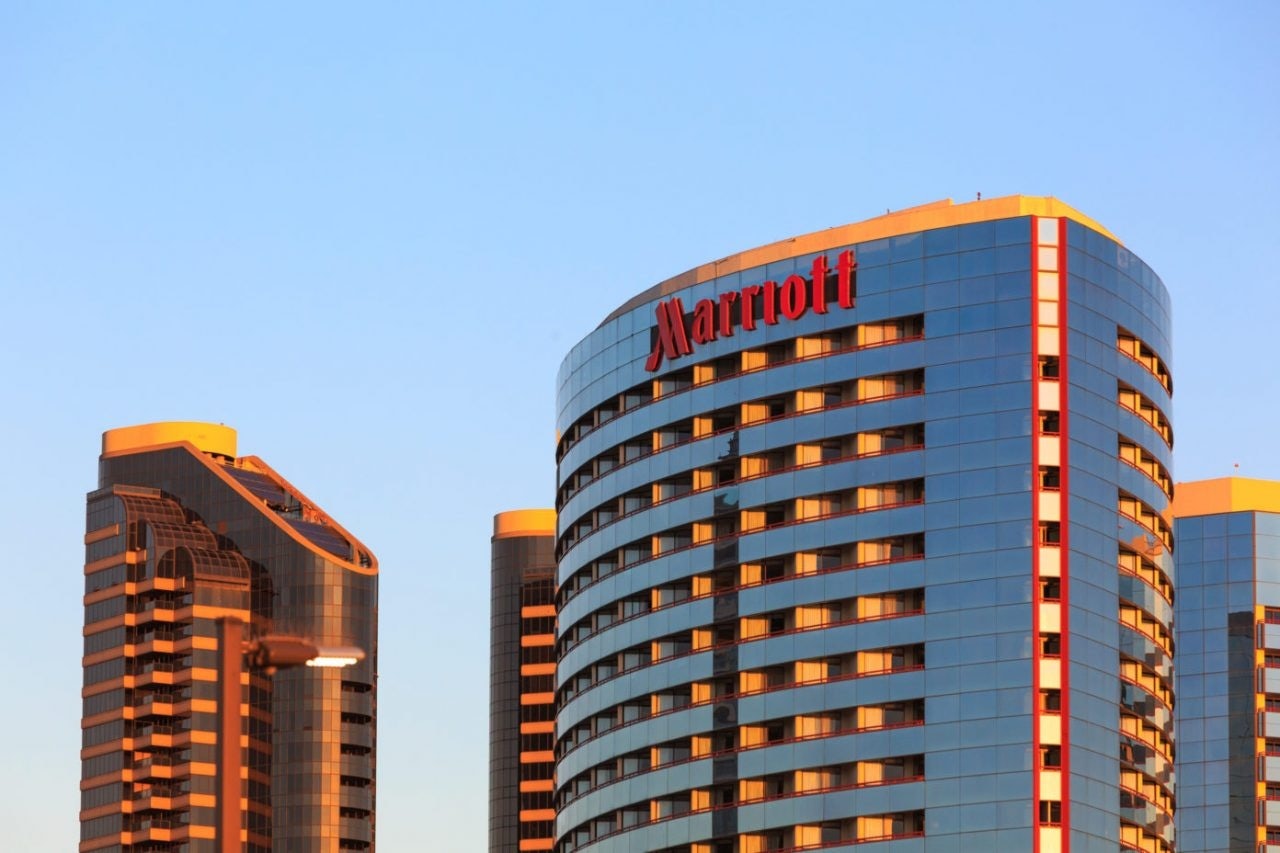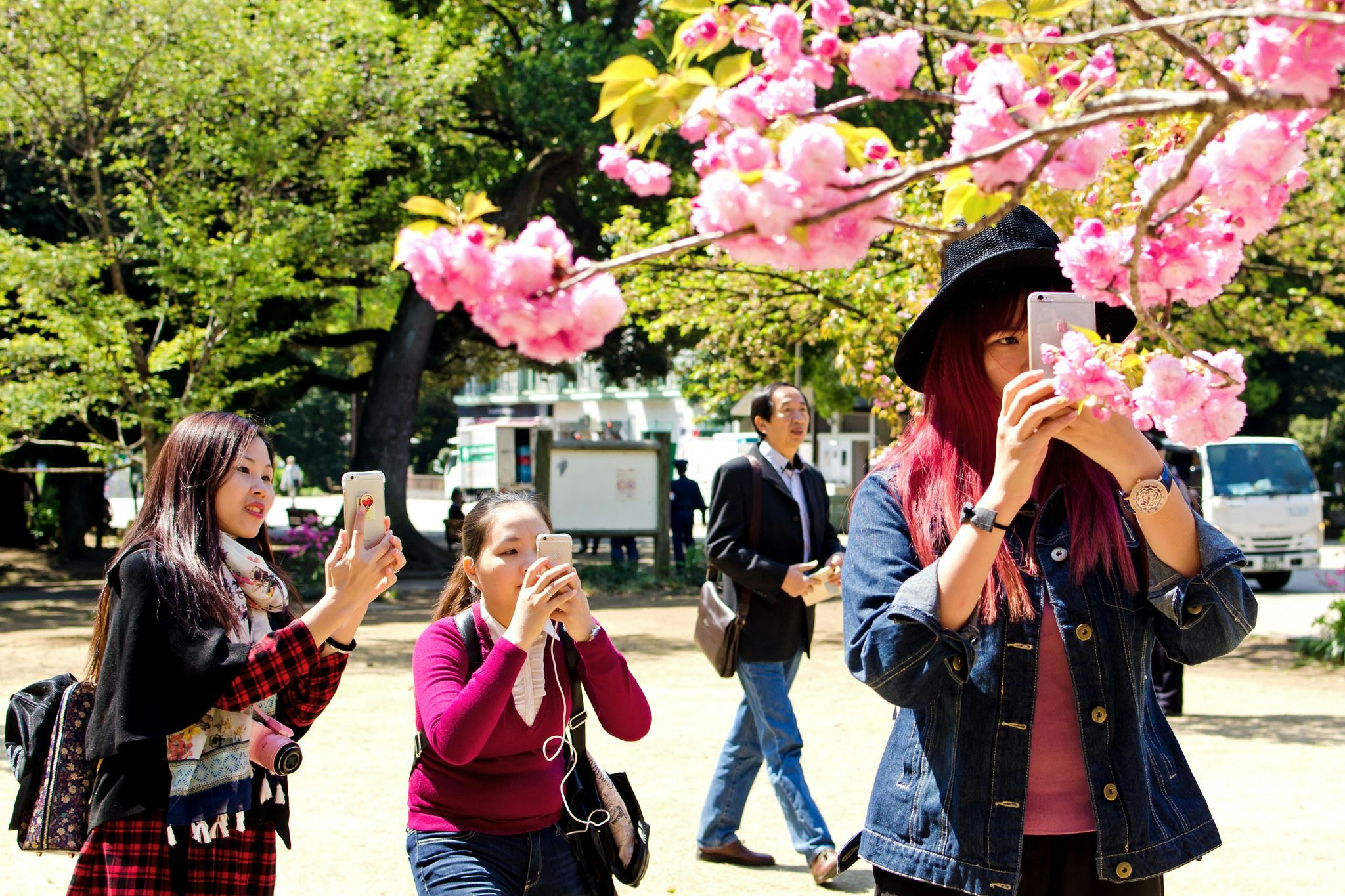Editor’s note#
: There are few topics guaranteed to invoke censure from the Chinese government. Marriott is well established in China, where it lists 124 properties, but it still managed to score a catastrophic own goal by misrepresenting what China sees as its sovereign territory. How could this happen, and could other companies make the same mistake? A version of this story was originally published by our content partners at Jing Travel.
Marriott International has had its China website shut down for over a week after the site listed Tibet, Hong Kong, Macau, and Taiwan as “countries”.
Officially, the first three locations are “autonomous regions” of China, while Hong Kong and Macau are “special administrative regions”. Beijing considers Taiwan to be a “breakaway province” controlled by an illegitimate government.
Marriott’s mistake was (arguably) innocuous. For all intents and purposes, Hong Kong, Macau, and Taiwan are “countries” in the sense that they have separate visa and entry requirements. Chinese citizens cannot freely come and go from Hong Kong, Macau, and Taiwan and must apply for visas and permits. Moreover, residents of these three places also have their own passports and maintain separate visa and travel agreements with countries.
Marriott has also been criticized in some state media because one of its Twitter accounts was “liked” by the account of a Tibetan independence group. Of course, Twitter is blocked in China. Marriott Rewards posted an apology on Twitter.
This relatively minor mistake has led to a harsh penalty for Marriott. The Shanghai Internet Information Office made the company's China website inaccessible, preventing online sales and bookings in China. According to the BBC, Marriott’s international site is still available in China, but its Chinese language version is blocked.
There are some key takeaway lessons from Marriott’s recent blunder, and they revolve around how the Chinese government sees itself in relation to private businesses and Beijing’s understanding of history and its place in it.
The latter half of the 19th century and first half 20th century is often labeled as the “Century of Humiliation” (百年国耻 bainian guochi) in China, a time when imperialist powers like Britain, France, Russia, and Japan dominated the declining Qing Empire of China militarily and economically. The ruling communist party in China sees itself as the agent for righting these historical wrongs and transforming China from a victim into a global, assertive power.
This includes the restoration of China’s historical control of Hong Kong, Macau, and Taiwan, which were all wrested from Chinese control by foreign, imperial powers.
The Chinese Communist Party (CCP), along with other Chinese political factions that developed in the early 20th century like the Kuomintang, saw industrialization and economic modernization as the main path for China to recover its prestige. Modern firms and industrial projects were and are expressions of state power for the CCP. While during the Maoist period this revolved primarily around the development of heavy industry, like steel production, today this understanding of a company’s purpose in China extends to all sectors, including IT, heavy industry, agriculture, mining, light industry, and of course tourism.
Chinese firms and foreign firms entering China are in the eyes of the Chinese government, stakeholders in this historical narrative and the Chinese national project itself. Promoting anything, even by mistake, that runs in opposition to these political goals can be subject to punishment. In the eyes of the Chinese Communist Party, this breaks the implicit agreement that firms make when they enter China: that they will support China’s goal of asserting itself and righting historical wrongs.
This includes behavior both in and outside of China. While Marriott’s Twitter account isn’t accessible in China, its perceived support from Tibetan separatists was enough to deserve criticism.
Marriott’s troubles should also drive home for foreign businesses operating in China or hoping to cater to Chinese tourists that how Beijing understands history is key to not running afoul of the Chinese government. Even perceived implicit support of separatist movements or Taiwan could land a company or a brand in hot water.


